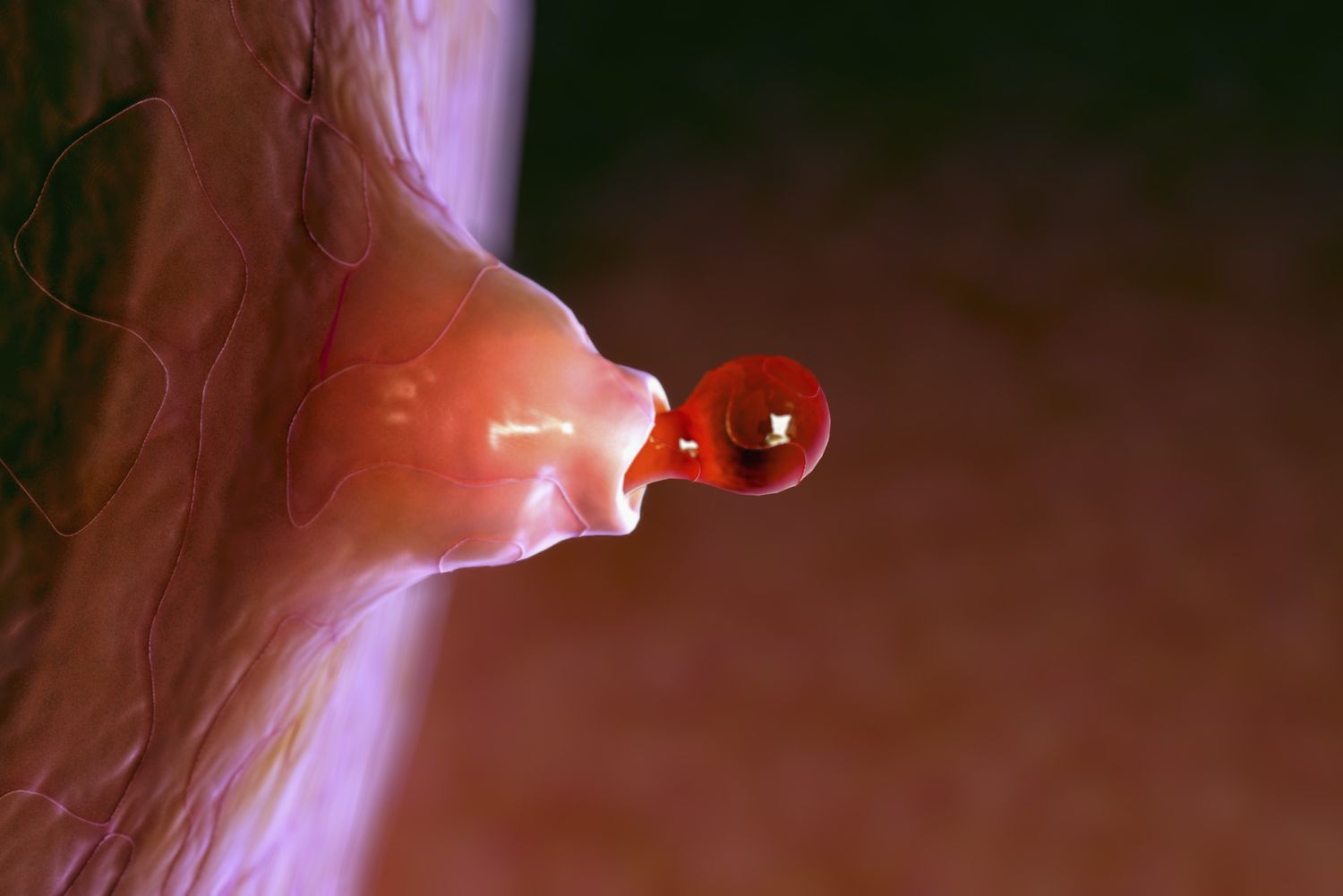
Follicle-stimulating hormone (FSH) is a crucial hormone that plays a significant role in the human body, particularly in the reproductive system. It is one of the hormones responsible for the development and maturation of follicles in the ovaries in women and the production of sperm in men.
However, FSH is not just limited to its reproductive functions. This enigmatic hormone also has several intriguing facts that make it fascinating to study. In this article, we will delve deeper into the world of FSH and explore 16 enigmatic facts that will provide you with a comprehensive understanding of its importance.
Key Takeaways:
- Follicle-stimulating hormone (FSH) is a key player in the development and functioning of the reproductive system in both males and females. It helps with egg and sperm production, and its levels fluctuate throughout the menstrual cycle.
- FSH levels can impact fertility and reproductive health. They are influenced by age, gender, and factors like stress and medication. FSH plays a crucial role in the maturation of eggs, and its levels can be measured through a simple blood test.
FSH regulates the development, growth, and functioning of the reproductive system.
Follicle-stimulating hormone (FSH) plays a critical role in the reproductive system of both males and females, by regulating the development of follicles in women and the production of sperm in men.
FSH is produced by the pituitary gland.
The pituitary gland, often referred to as the “master gland,” releases FSH into the bloodstream. It is controlled by the hypothalamus, which produces gonadotropin-releasing hormone (GnRH) to stimulate the release of FSH.
FSH levels fluctuate throughout the menstrual cycle.
In women, FSH levels vary during the menstrual cycle. They are highest just before ovulation, stimulating the growth and maturation of ovarian follicles, which contain eggs.
FSH stimulates the production of estrogen in women.
FSH acts on the ovarian follicles to stimulate the production of estrogen. Estrogen is responsible for the development of secondary sexual characteristics and the preparation of the uterus for implantation of a fertilized egg.
FSH plays a role in male fertility.
In men, FSH stimulates the production of sperm in the testes. It acts on the Sertoli cells within the testes, promoting the maturation of sperm cells.
FSH is essential for the development of healthy eggs in women.
FSH helps with the recruitment and development of ovarian follicles. These follicles contain immature eggs that mature under the influence of FSH.
FSH levels are higher during menopause.
During menopause, when the reproductive system undergoes significant changes, FSH levels rise as the ovaries become less responsive to hormonal feedback.
FSH can be used as a fertility treatment.
In some cases of infertility, FSH injections can be used to stimulate the growth and development of follicles in women, increasing the chances of successful ovulation and pregnancy.
FSH levels are regulated by negative feedback.
The levels of FSH in the body are regulated through a negative feedback mechanism involving hormones produced by the ovaries and testes. High levels of estrogen and testosterone inhibit the release of FSH.
FSH plays a role in the maturation of oocytes.
FSH helps to initiate the maturation of oocytes, or eggs, in the ovaries. These mature eggs are then released during ovulation.
FSH stimulation tests can diagnose certain disorders.
A FSH stimulation test may be performed to evaluate the functioning of the reproductive system or diagnose hormonal disorders such as polycystic ovary syndrome (PCOS) or primary ovarian insufficiency (POI).
FSH levels can vary based on age and gender.
The levels of FSH in the body can vary greatly depending on age and gender. For example, FSH levels increase during puberty and decrease after menopause in women.
FSH deficiency can lead to reproductive abnormalities.
A deficiency in FSH production or response can result in reproductive abnormalities, such as delayed puberty, infertility, or irregular menstrual cycles.
FSH levels are influenced by stress and certain medications.
Stress and certain medications, such as oral contraceptives and hormone replacement therapy, can affect FSH levels in the body.
FSH is involved in the process of follicle development and ovulation.
FSH plays a crucial role in the process of follicle development, ovulation, and the preparation of the endometrium for implantation.
FSH levels can be measured through a blood test.
A blood test can be performed to measure FSH levels, which can provide valuable insights into the functioning of the reproductive system.
Conclusion
In conclusion, follicle-stimulating hormone (FSH) plays a crucial role in the human body, particularly in the reproductive system. It regulates the development and maturation of eggs in females and sperm production in males. FSH also has additional functions outside of reproduction, such as influencing bone health and participating in the regulation of the menstrual cycle.
Understanding the enigmatic facts about FSH helps shed light on the intricate mechanisms of our bodies. From its intricate regulation to its diverse functions, FSH continues to captivate researchers and medical professionals alike. As advancements in science continue, we can hope to unravel more mysteries surrounding this fascinating hormone.
FAQs
Q: What is the main function of follicle-stimulating hormone?
A: The main function of follicle-stimulating hormone (FSH) is to stimulate the growth and development of follicles in females, contributing to egg maturation. In males, FSH signals the production of sperm.
Q: Is FSH only important for reproduction?
A: While FSH is primarily involved in the reproductive system, it also has other functions. FSH plays a role in regulating bone health and participating in the menstrual cycle in females.
Q: What happens if there is an imbalance in FSH levels?
A: An imbalance in FSH levels can have various effects. In females, too much or too little FSH can disrupt the menstrual cycle or affect fertility. In males, abnormal FSH levels can lead to problems with sperm production.
Q: Can FSH levels fluctuate during different stages of life?
A: Yes, FSH levels can vary throughout life. In women, FSH levels increase during menopause, while in men, FSH levels may rise with age. These fluctuations are a normal part of the aging process.
Q: Can FSH be used in medical treatments?
A: Yes, FSH can be used in medical treatments. It can be administered as a medication (often in combination with other hormones) to stimulate ovulation in women undergoing fertility treatments, or in men to enhance sperm production.
Follicle-stimulating hormone plays a vital role in reproductive health, but it's just one piece of the puzzle. Dive deeper into the world of hormones and fertility with our fascinating articles on gonadotropins like hCG, which work alongside FSH to regulate reproductive function. Explore factors influencing fertility rates and learn surprising statistics. For women, understanding menopause and its impact on hormone levels is crucial. Expand your knowledge and satisfy your curiosity with these engaging reads.
Was this page helpful?
Our commitment to delivering trustworthy and engaging content is at the heart of what we do. Each fact on our site is contributed by real users like you, bringing a wealth of diverse insights and information. To ensure the highest standards of accuracy and reliability, our dedicated editors meticulously review each submission. This process guarantees that the facts we share are not only fascinating but also credible. Trust in our commitment to quality and authenticity as you explore and learn with us.


